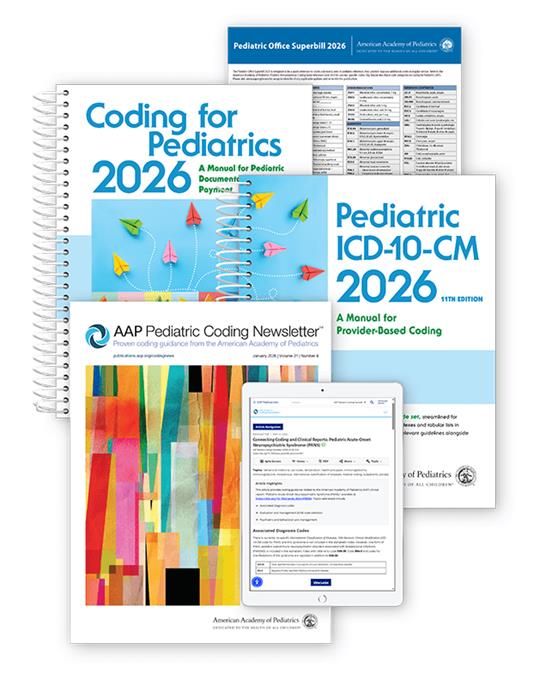Public and private payers are serious about rooting out fraud, waste and abuse in the health care system wherever it may occur. Pediatrics is no exception.
Medicare, Medicaid, other federal health care programs, and private payers rely on physicians’ medical judgment to treat patients with appropriate services and to submit accurate and truthful claims for the services they provide. The vast majority of physicians work ethically, provide high-quality care, and submit appropriate claims for payment, but there are some who don’t. Laws have been enacted and requirements for compliance programs have been established to address the few who exploit the health care system for personal gain.
Federal Fraud and Abuse Laws Applicable to Physicians
An array of laws exist to combat fraud and abuse and to protect the integrity of the health care payment system. The main federal fraud and abuse laws that apply to physicians are the following:
- False Claims Act
- Anti-Kickback Statute
- Physician Self-Referral Law (Stark Law)
- Exclusion Statute, and
- the Civil Monetary Penalties Law
Penalties and fines for breaking these laws may be considerable, even if there was no intent to do anything wrong. Read more about these laws on the US Department of Health and Human Services Office of Inspector General (OIG) website.
Professional Courtesy and Discounts for Health Care Services
One practice associated with risks of violating fraud and abuse laws is professional courtesy, or providing free or reduced-rate medical services to physicians and their families. Click here to learn more about the legal risks of waiving or discounting fees as a professional courtesy.
Protection from Fraud and Abuse: Compliance Programs
The best way to protect your workplace from fraud and abuse is to have a compliance program. Large health care organizations have had these in place for years, and physician employees should be aware of their responsibilities in the program. With the passage of the Patient Protection and Affordable Care Act of 2010, all physicians who treat Medicare and Medicaid beneficiaries–including individual and small practices–are required to establish a compliance program.
A compliance program is a safety net. It establishes strategies to prevent, detect, and resolve conduct that does not conform to federal, state, and private payer health care program requirements, and the practice’s own ethical and business policies. Its aim is to make you confident that you are following all rules and regulations in a continuous matter and always working to improve. In addition, in the event of a complaint, it allows you to demonstrate that you have and follow a process.
The OIG provides guidance on creating voluntary compliance programs for physicians. See the OIG webpage, “Compliance Programs for Physicians,” for more information on the key components of a compliance program.
Additional Resources

-
- For more detailed information, see Coding for Pediatrics. Published annually, this AAP manual provides step-by-step guidance on preventing health care fraud and abuse in pediatric settings.
- See the OIG resource, “A Roadmap for New Physicians: Avoiding Medicare and Medicaid Fraud and Abuse,” for information on the most important federal fraud and abuse laws for physicians and tips for physicians on complying with these laws in relationships with payers, vendors, and other clinicians.
- The AAP webpage, “Professional Courtesy and Discounts for Health Care Services,” discusses how the practice of providing free or discounted care as a professional courtesy may violate fraud and abuse laws and payer contracts.
Disclaimer: This information is general in scope and educational in nature. It is not intended as legal advice. If you require legal advice, contact an attorney.
Last Updated
01/02/2026
Source
American Academy of Pediatrics